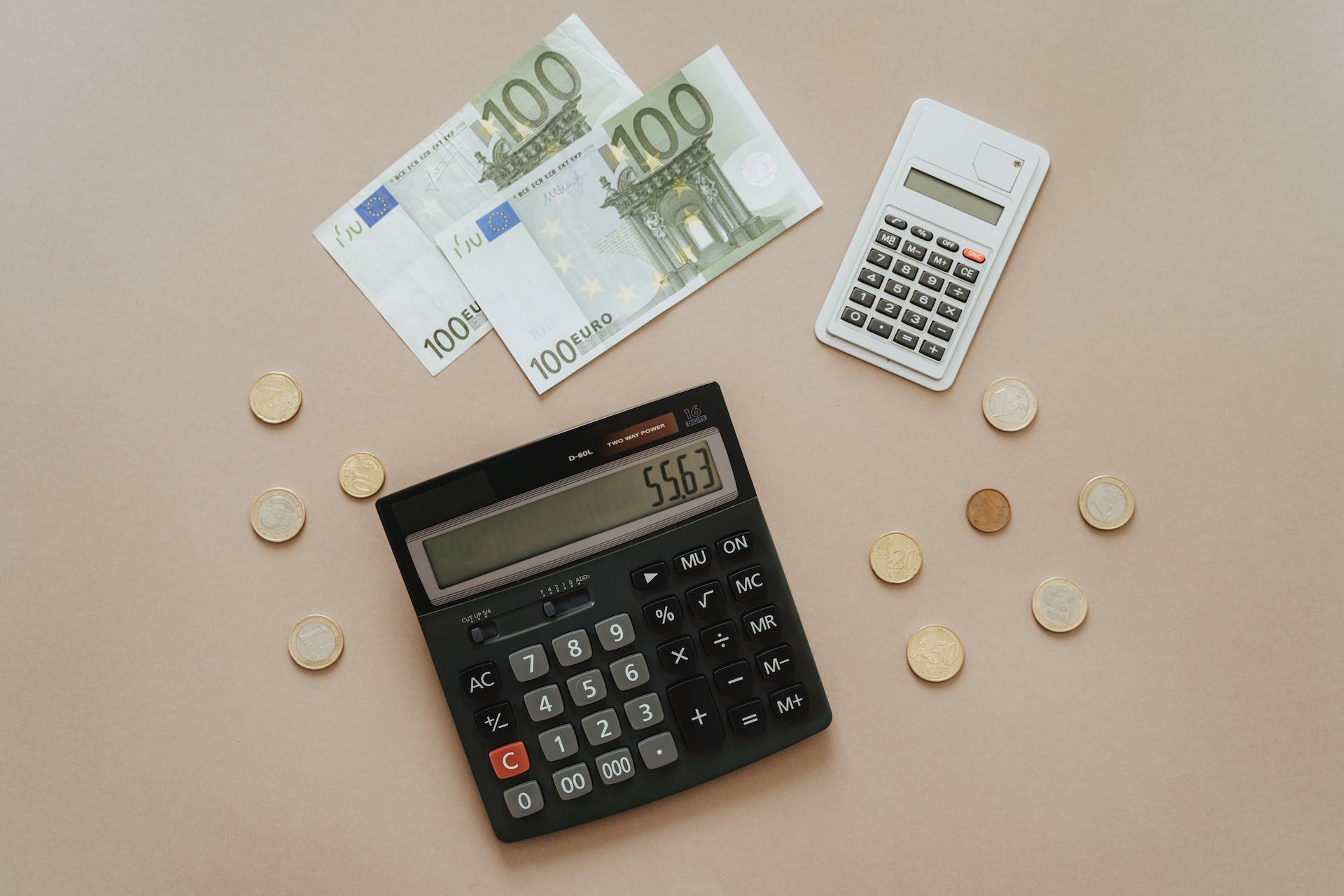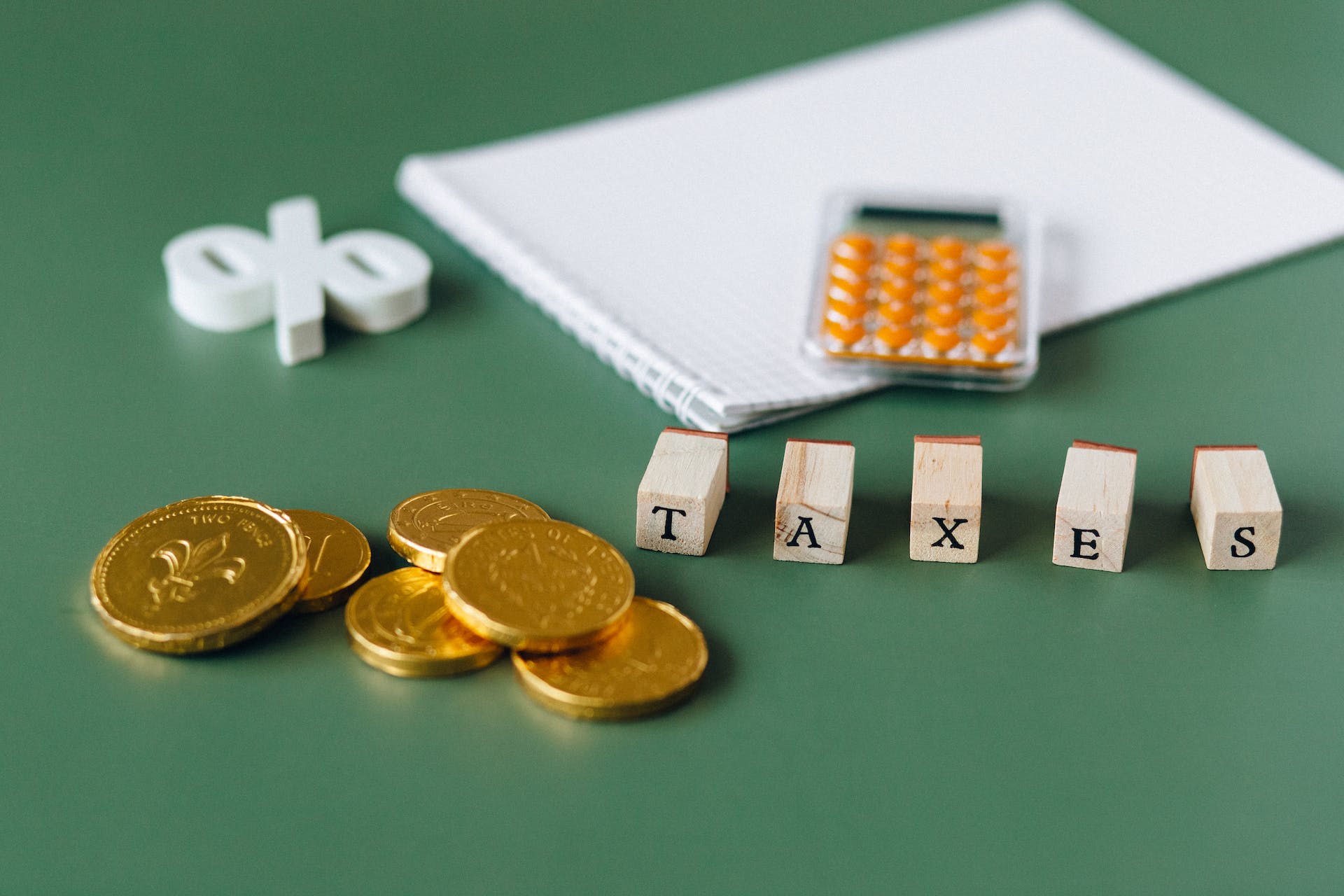As an employee or employer, you may be familiar with the importance of pay stubs. They serve as proof of income and can be used for various purposes, such as applying for a loan, renting an apartment, or verifying employment. However, sometimes, individuals may resort to creating fake pay stubs to deceive landlords, lenders, or even their employers.
It’s crucial to be able to distinguish the difference between real and fake stubs, which is why, in this article, we’ll explore the differences between real check stubs vs fake ones. We’ll provide tips on how to identify fake ones, along with explaining the consequences of creating and using such stubs.
Key Takeaways
- Real pay stubs serve as proof of income and can be used for various purposes, such as applying for a loan or renting an apartment.
- Fake pay stubs are fraudulent and can lead to legal consequences.
- Real stubs contain important information, such as gross pay, net pay, and deductions.
- Creating and using fake documents, like pay stubs, is illegal.
- Using legitimate pay stubs promotes honesty and integrity.
Understanding Real Pay Stubs
A paystub, also known as a paycheck stub and pay slip, is a document that employers provide to their employees alongside their paycheck. It typically details the employee’s earnings for a specific pay period, including gross and net pay and any deductions taken out, such as taxes or 401(k) contributions.
Pay stubs are important for a variety of reasons, including verification of income for loan approvals or rental applications. For instance, if you’re applying for a mortgage or car loan, lenders may require paystubs as proof of income. Similarly, landlords may request pay stubs to confirm an applicant’s ability to pay rent.
When it comes to verifying income, pay stubs play a crucial role. Employers use them to confirm an applicant’s income for various purposes, including lending and credit checks. As an applicant, you can also use your paystub to prove your income to a third party.
Identifying Fake Pay Stubs
Being able to distinguish between real and fake stubs is crucial in avoiding fraudulent activity. Here are some tips that can be helpful in recognizing fake documents:
- Red Flags: Look for any suspicious details, such as logos or fonts that don’t match the company’s branding or incorrect information, like wrong social security numbers or incorrect dates.
- Inconsistency: Check for any discrepancies, such as incorrect spelling or formatting errors. Verify that the information on the pay stub matches the applicant’s resume or application.
- Verification: Verify the pay stub with the employer or the payroll company to ensure its authenticity. Genuine pay stubs will have accurate information that matches the employer’s records.
Key Differences Between a Real and a Fake Pay Stub
A genuine paystub should contain important information, such as gross and net wage and deductions. The following are the key differences between real and fake pay stubs:
| Real Pay Stubs | Fake Pay Stubs |
|---|---|
| Must contain accurate and legible information | May contain errors or be illegible |
| Will have consistent information throughout the paystub | May have inconsistencies in information throughout the paystub |
| Will have deductions that correspond to taxes, insurance, and other valid expenses | May not accurately reflect any deductions or expenses |
| Will reflect the correct gross wage, income before taxes and deductions | May show an overinflated gross wage or income to make the applicant appear to earn more |
| Will reflect the correct net wage, income after taxes and deductions | May show an inflated net wage or income to make the applicant appear to earn more |
Consequences of Using Fake Pay Stubs
If you create or use fake stubs, you can face serious legal consequences and penalties. In fact, it is illegal, and doing so can result in fines, imprisonment, or both. If you’re caught using a fraudulent pay stub in any capacity, such as for income verification with an accountant, you may face serious consequences.
Using a fraudulent stub to secure an apartment or loan approval is not only unethical but also potentially damaging to your reputation. Landlords or financial institutions may decide not to do business with you in the future, and you may find it difficult to secure housing or financial resources when you need them.
Furthermore, if you’re an accountant or financial professional caught creating this type of stub, your license may be revoked, and you may face further legal action.
It’s important to note that most rental applications and financial institutions verify income to ensure that an applicant can afford to pay rent or pay back a loan. By submitting a fake stub, you’re not only violating the law, but you’re also putting yourself in a position where you may not be able to meet your financial obligations, which can have serious long-term consequences.
Conclusion
Being able to distinguish between real check stubs vs fake is essential. Using legitimate pay stubs provides you with important employment verification and proof of income, whether for loan approvals or rental purposes. Spotting fake stubs requires careful review and attention to detail, including spotting red flags and discrepancies.
Legitimate pay stubs should have accurate and legible information, including gross and net wages and deductions. Making or using fake ones can have serious legal consequences, so always prioritize honesty and integrity when it comes to verifying income. By following these guidelines, you can avoid legal troubles and maintain your personal integrity!
Real Check Stubs vs Fake FAQ
#1. How can I tell the difference between real paystubs and fake ones?
One way to tell the difference is by looking for discrepancies or red flags on the pay stub. Genuine pay stubs will have accurate and legible information, including important details like gross and net wages and deductions. Fake ones may have errors or missing information that can raise suspicion.
#2. Why should I use real stubs instead of fake ones?
Using real stubs provides proof of income that can be valuable for various purposes. Legitimate pay stubs may offer a verifiable record of your income, giving confidence to landlords, lenders, or other entities that need to verify your financial information.
What are some signs that indicate a pay stub is fake?
There are several red flags that may indicate a pay stub is fake. These can include inconsistent or unrealistic income amounts, misspellings or grammatical errors, incorrect calculations, or unusual formatting. It’s important to carefully review pay stubs for any signs of fraud.
#3. What are the key differences between real and fake pay stubs?
Genuine pay stubs will typically include accurate and complete information about your income, such as gross pay, net pay, and deductions. Fake stubs may lack important details or contain inconsistent information. It’s crucial to ensure that all the necessary information is present and accurate on a pay stub to determine its authenticity.
#4. Is it illegal to make fake paystubs?
Yes, creating or using fake pay stubs is illegal in many jurisdictions. It can lead to serious legal consequences, including fines and potential criminal charges. It’s important to always be honest and truthful when providing income verification or any financial documentation.
#5. Is using a paystub generator legal?
Yes, using a paystub generator to create accurate and legitimate paystubs is legal. However, it is crucial to ensure that the information entered is accurate and complies with employment laws.






